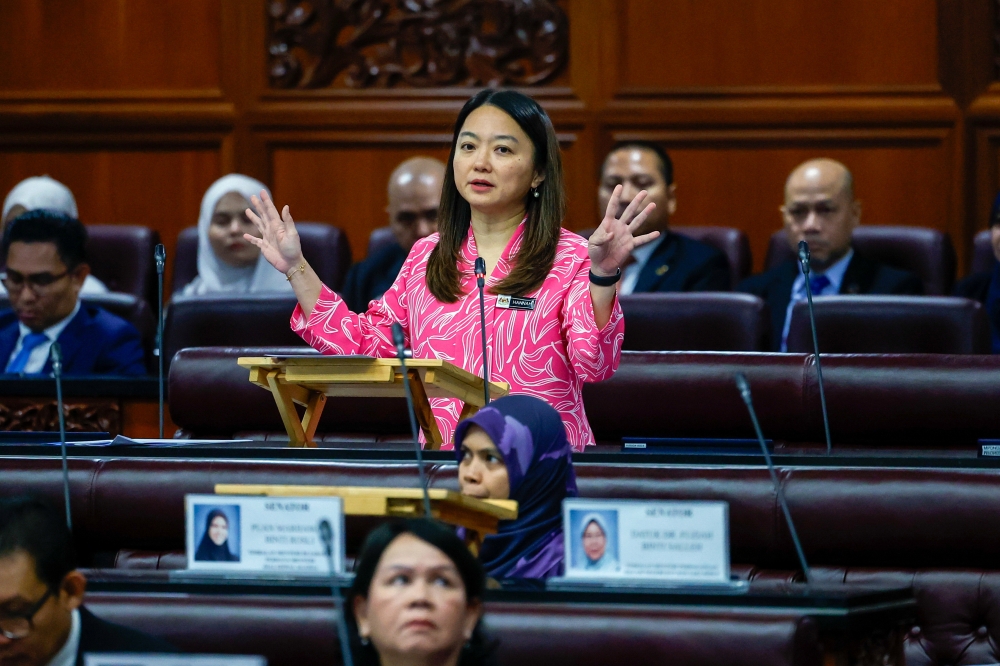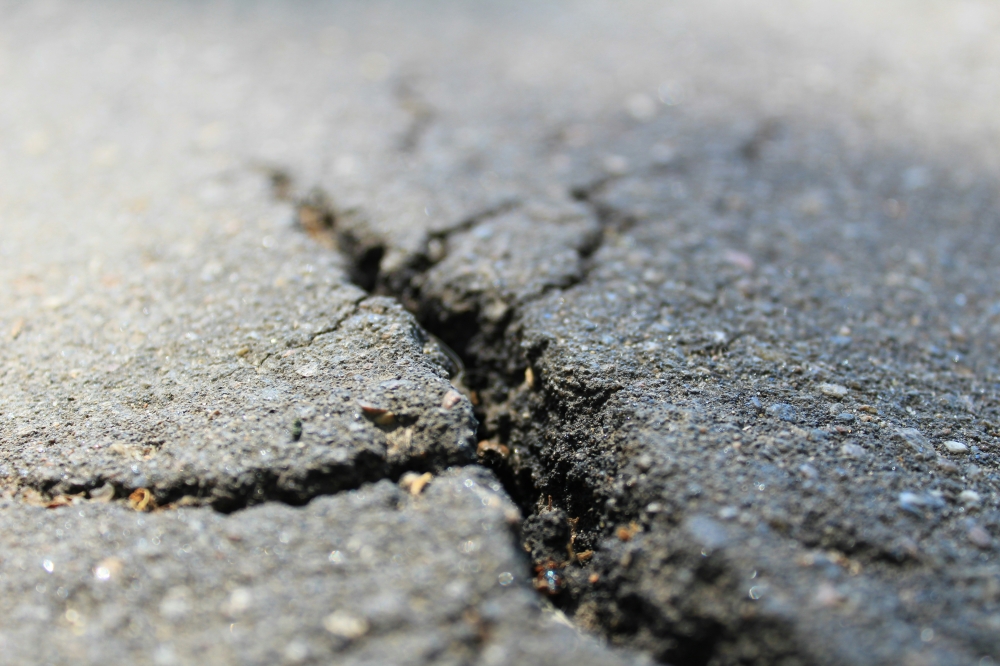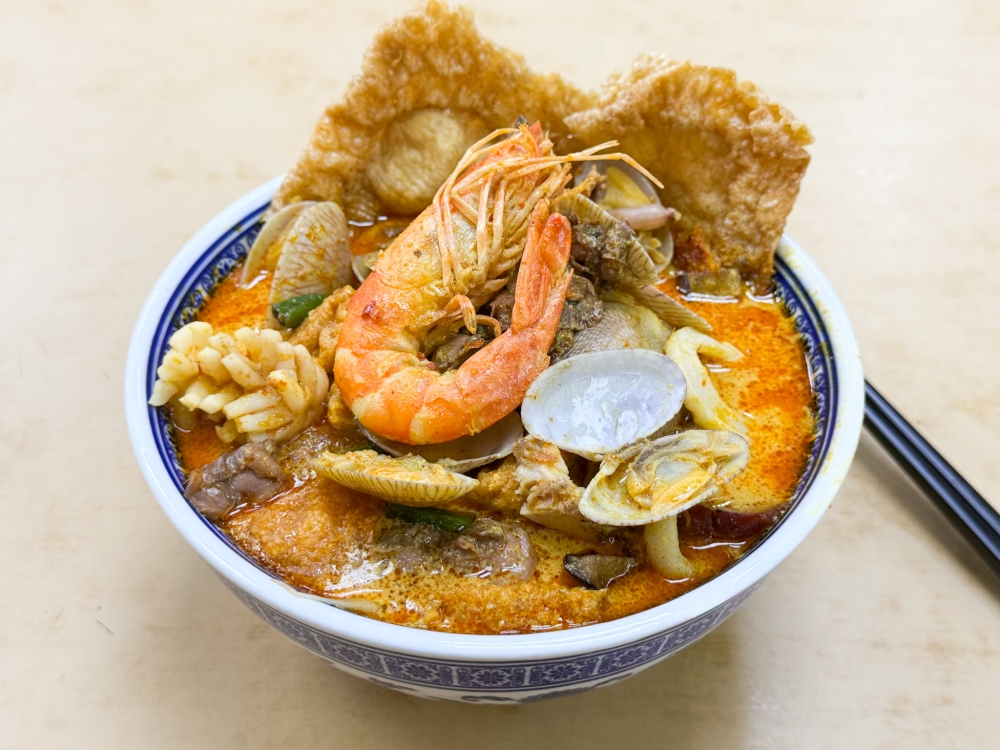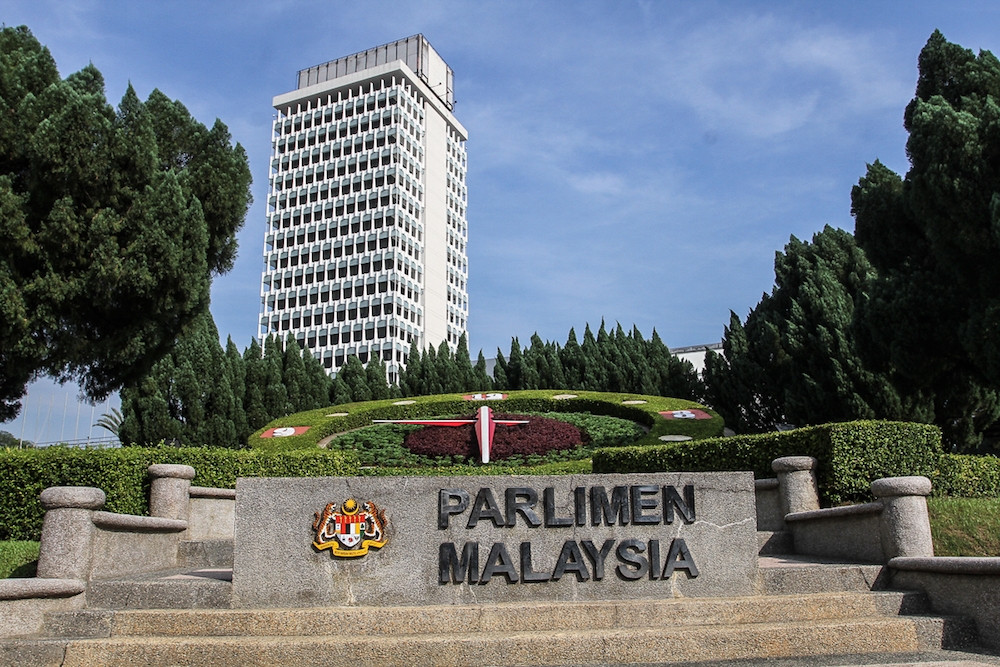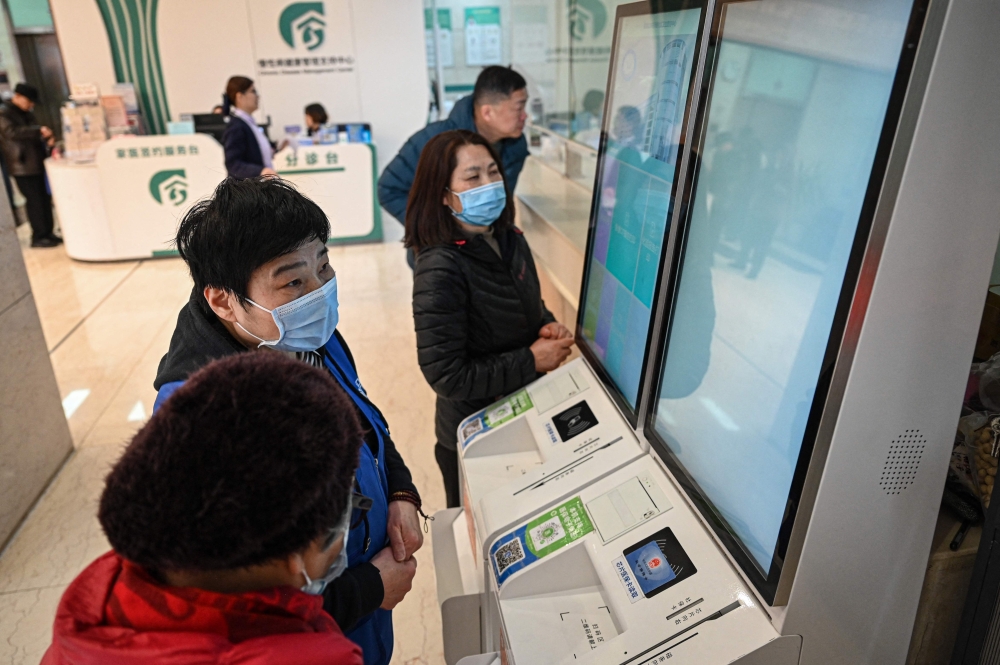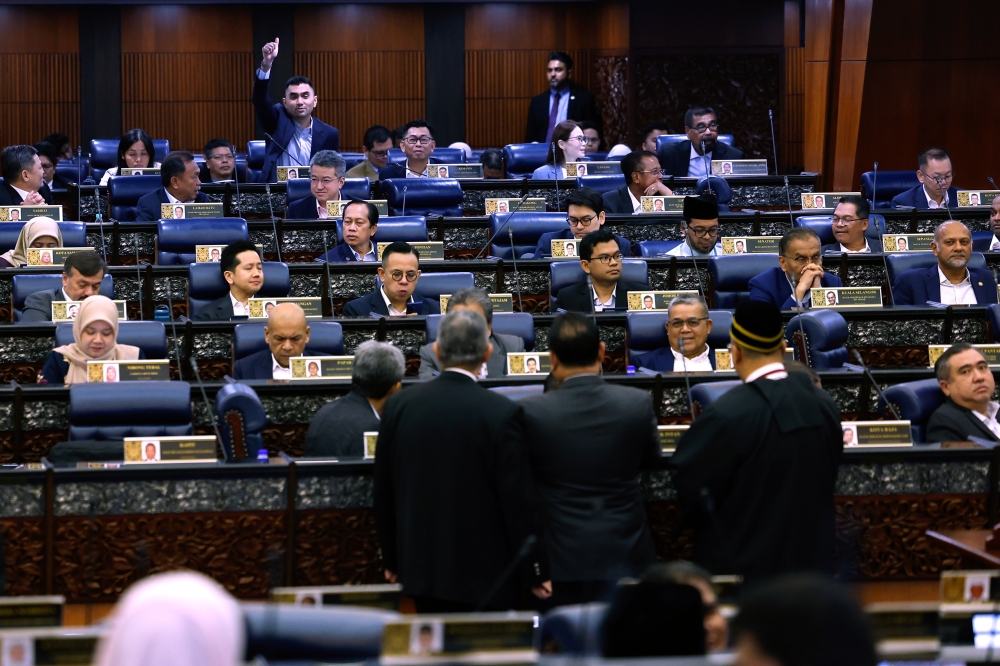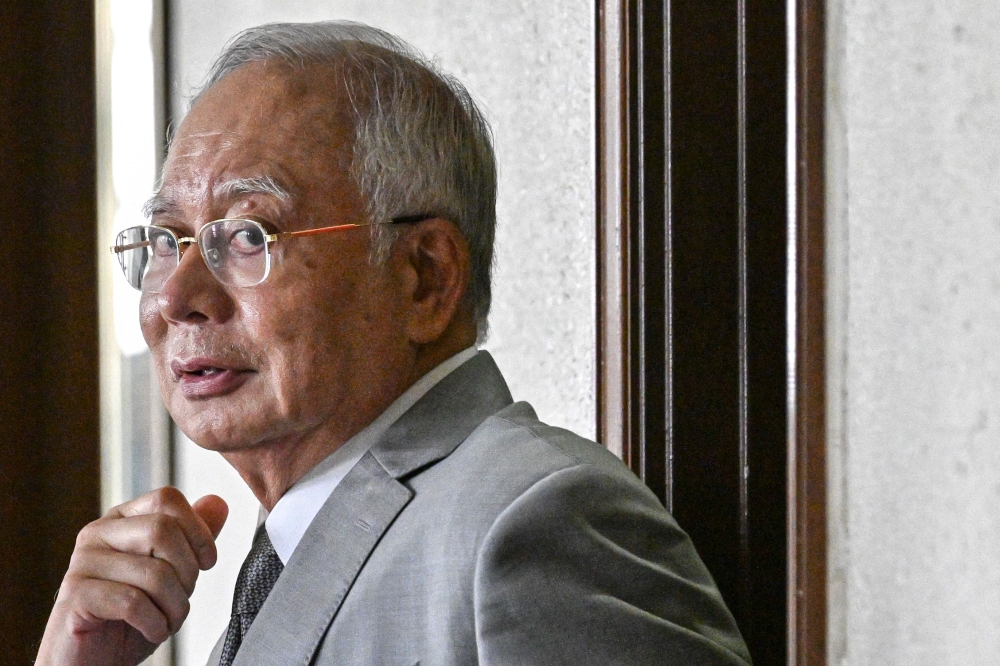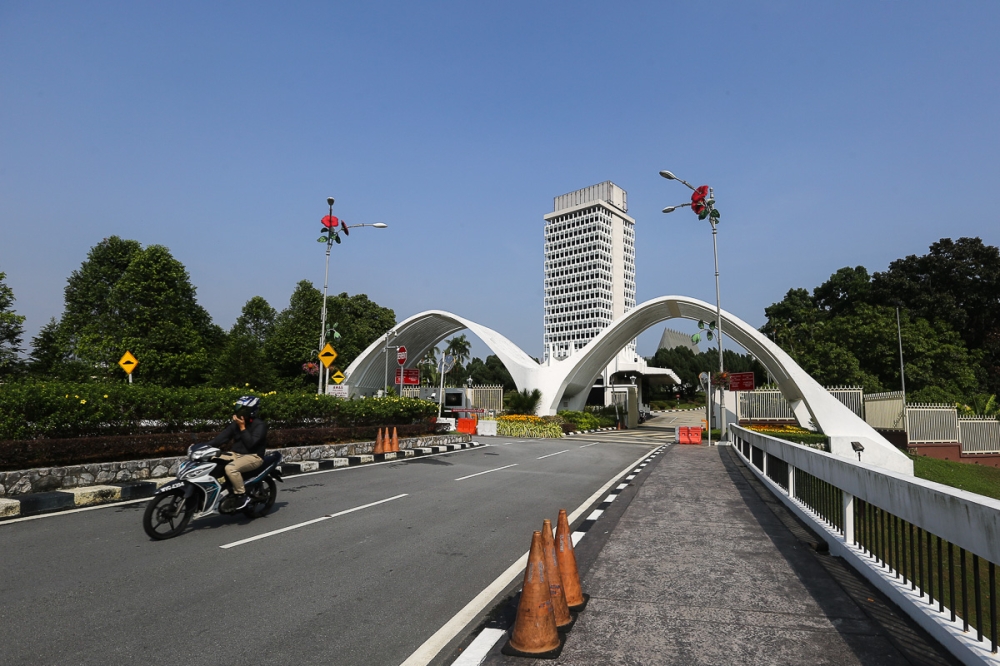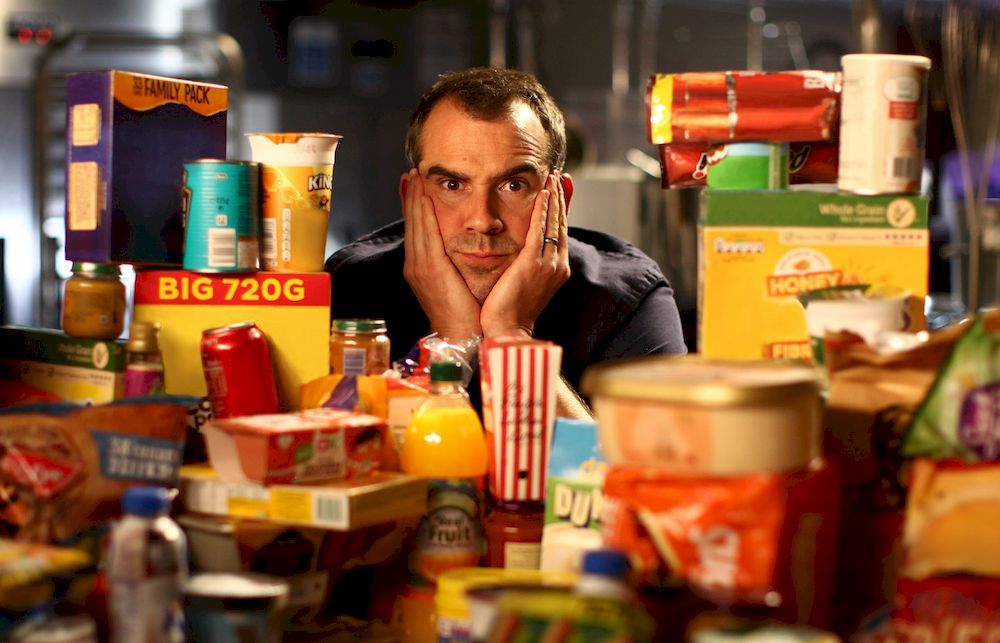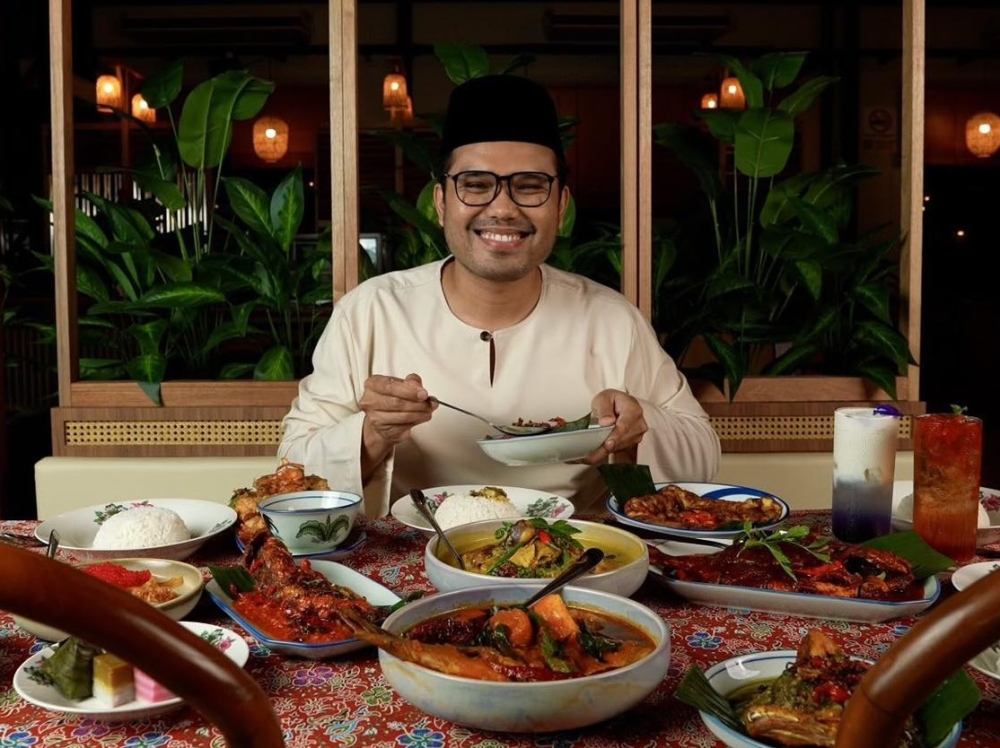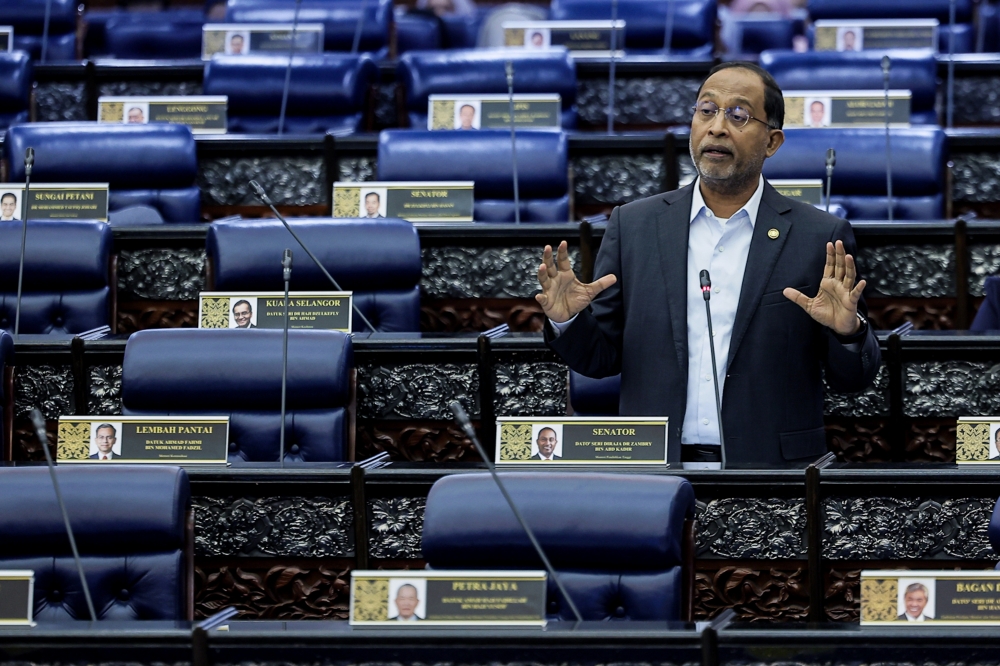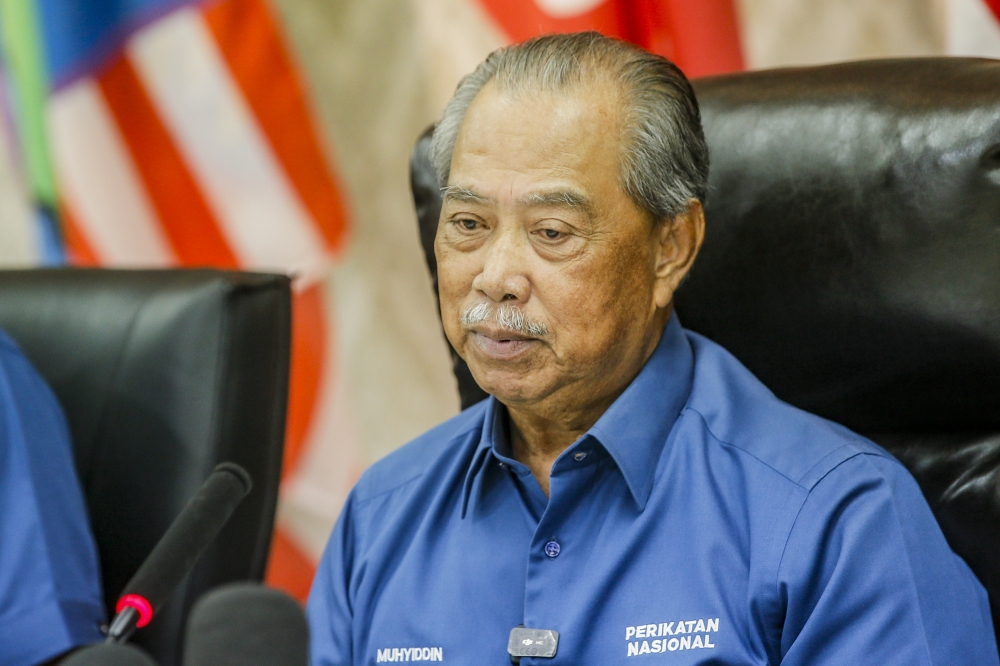KUALA LUMPUR, Aug 5 — Malaysia has earned the unsavoury title of the fattest nation in Asia with about half its population being obese in the span of 30 years.
Childhood obesity is another growing problem, with the nation being one of the top three countries that has a high percentage of obese kids in Asia.
A sedentary lifestyle, consuming large amounts of convenient but unhealthy ultra-processed food and environmental stress are some main factors that lead to obesity.
The answer to this national epidemic might just be for Malaysians to embrace traditional foods generations before us enjoyed, according to British infectious disease doctor and medical researcher Dr Chris van Tulleken.
“There are a lot of Asian food companies that make ultra-processed food but for the most part across Southeast Asia and most of Asia, there is a strong tradition of cultural diets, so you eat real food that your parents ate and your grandparents ate.
“But gradually, particularly western American and European food companies are coming and they are changing your diet,” he said.
What we eat might not be under our control but having resources and skills that allow families to hold on to their dietary traditions is a good place to start.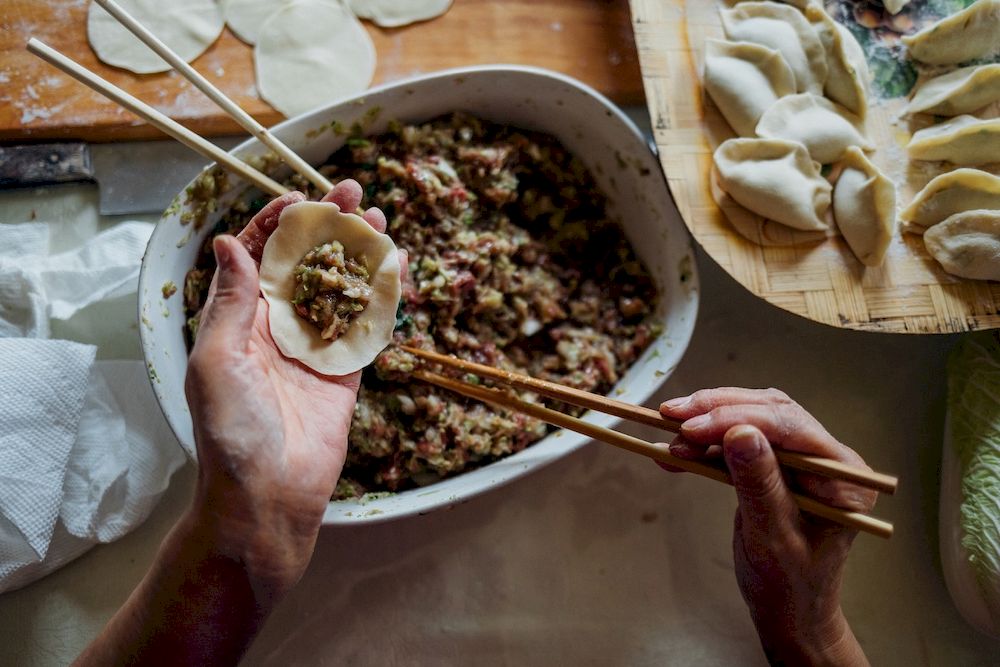
When fat is profitable
Malay Mail spoke to the Oxford-educated doctor and television presenter in conjunction with the launch of a new BBC Earth documentary What Are We Feeding Our Kids?
The fundamental message Dr van Tulleken wants viewers to know is that ultra-processed food corporations are making profits by fattening up young children and killing them.
Dr van Tulleken embarked on a month-long experiment of eating ultra-processed food and seeing its effects on his health to understand what it does to children’s developing bodies.
The 42-year-old switched from a healthy diet to an eating plan that consisted of 80 per cent ultra-processed food to find out what would happen to his health if he increased the proportion of ultra-processed food.
It sounds extreme but it’s the same diet one in five people in the UK eat.
Watch Dr Chris van Tulleken on BBC Facebook video here.
The initial plan was to put children on the experiment for a month to see what would have happened.
“The problem was not getting permission, the problem was we couldn’t find any children who didn’t already eat 70 or 80 per cent ultra-processed food,” he said.
“Also, as we learned more about it, we thought maybe we shouldn’t really force feed this to children.”
Prior to the experiment, Dr van Tulleken’s diet included 30 per cent ultra-processed food, something he enjoyed and would eat frequently.
On the day he stopped filming, the father of two cut out ultra-processed food from his diet and he has never felt better.
“Probably one or two occasions where I’d been to a friend’s house and there’d been some chips offered to me but it’s fair to say I eat none.”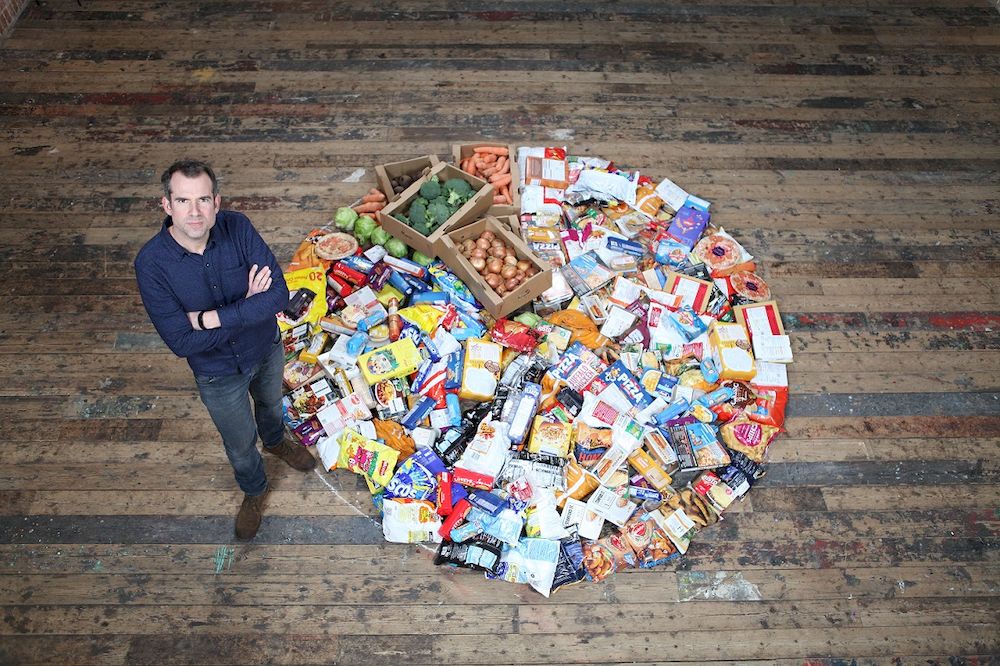
Food but not quite
In Asia, where ultra-processed food is becoming more common as lifestyles get busier, one easy way to identify if food has gone through extensive processing is by looking at a packet.
If there’s an ingredient you don’t recognise, it’s probably ultra-processed, Dr van Tulleken said.
“If it says maltodextrin or soy lecithin, why are you eating this food with chemicals in it?”
“A Brazilian woman on the team said to me ‘It’s not food, it’s an industrially produced edible substance but it is not food’.”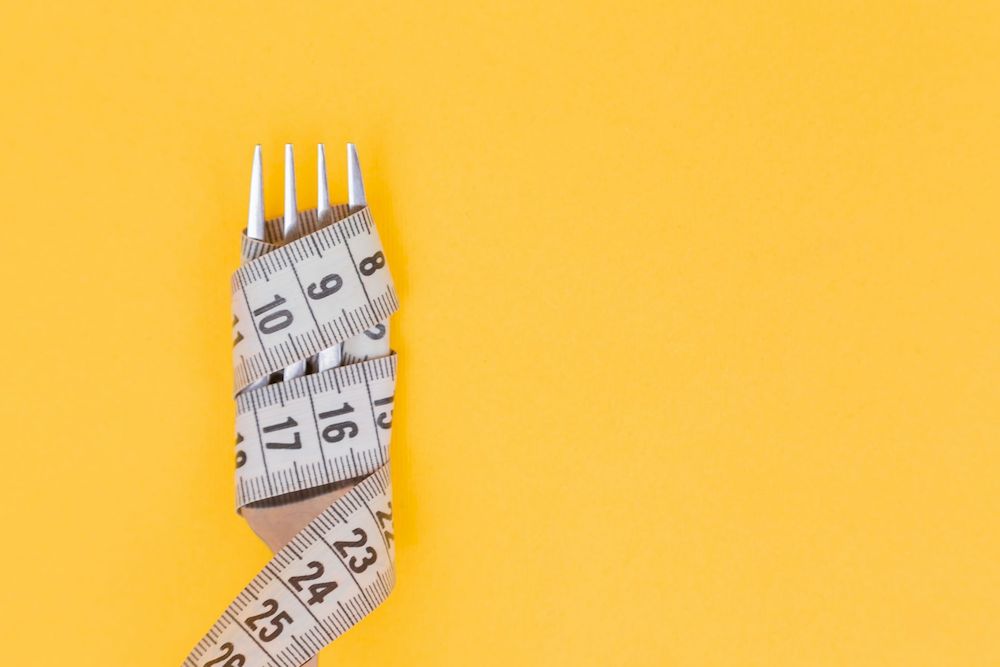
A study published in the British medical journal The Lancet in 2014 found that Malaysia is the most obese country in Asia.
In 2019, the National Health and Morbidity survey revealed that 50.1 per cent of Malaysians adults were obese or overweight, a figure that has been rapidly increasing in the past three decades.
The country also has the second-highest child obesity rate in children aged five to 19 in Asean with 7.1 per cent of children below the age of five being overweight, the World Health Organisation reported.
In developed countries like the US, obesity affects lower socioeconomic children whose parents lack the financial means to buy nutritious, low-calorie foods.
But in developing countries like Malaysia, childhood obesity is prevalent in both rich and poor households, UM Specialist Centre paediatric endocrinology senior consultant Associate Professor Dr Muhammad Yazid Jalaludin compared in a 2019 interview.
Poor families tend to consume less nutritious but high-calorie foods, which tend to be cheaper due to income insufficiency, while wealthier families who can afford nutritious food make bad dietary decisions by buying high-calorie foods.
“These aren’t decisions that you can make,” Dr van Tulleken said.
“If you have money and you’re educated you can to some extent, do it.
“But really, we need to label this food, we need to ban them to children, we need to treat it like cigarettes – that’s the solution.”
He is confident it will happen.
A recent example was the European Championships when football star Cristiano Ronaldo pushed away Coca-Cola bottles from his press conference gesturing for people to drink water instead.
The global snub resulted in a US$4 billion price share drop for the soft drink conglomerate.
“Irrelevant for Coca-Cola, it was just over one per cent of their value but people are angry and people are realising that we are being made fat because it’s profitable,” Dr van Tulleken said.
“Killing children with food which companies have been doing for a very long time – they make a huge amount of money from it and it is killing children.”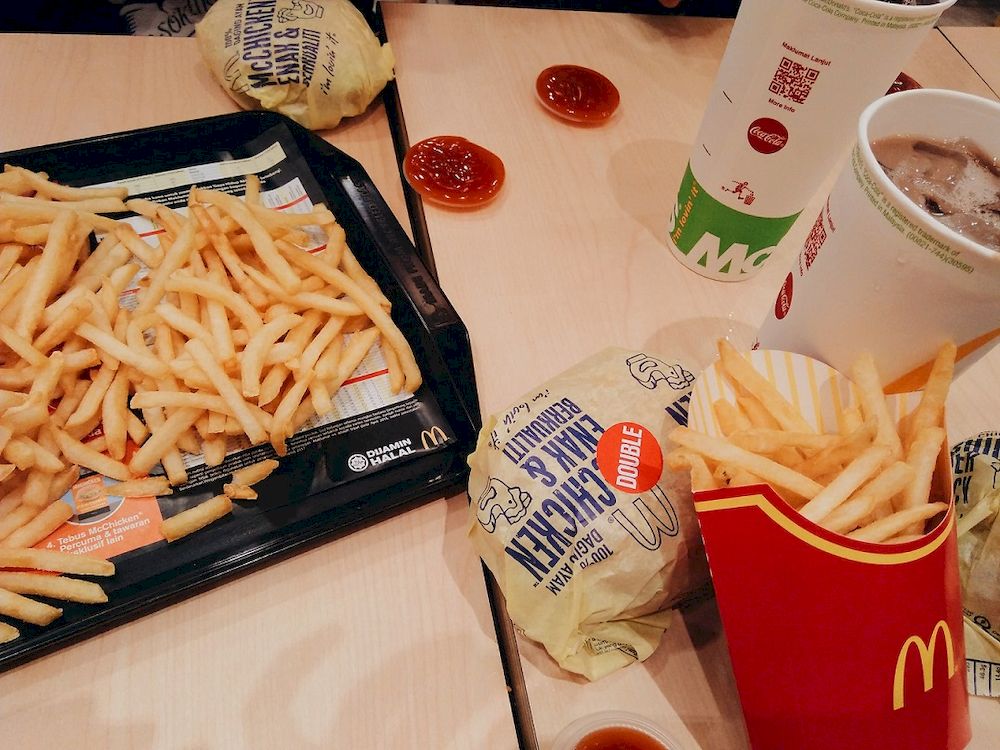
Resist the opening of fast-food joints
When obesity is declared a national epidemic, people have to start voting with their feet, said Dr van Tulleken.
What that means is supporting civil societies and local activists who are trying to change the local food environment.
“You have to resist the opening of the American fast-food chain on your block and you have to try and not shop there.
“You have to vote for change and advocate for it and tweet about it,” he said.
In food-obsessed Malaysia, the opening of a new bubble tea shop or a US fast food outlet often means long queues around the block made up of eager foodies hoping to be one of the first customers.
“A lot of us go and buy the fast food and then we share a picture on Instagram of us enjoying it going ‘Hey, living my best life’ and we’ve become part of the marketing.
“Part of it is just realising that food companies are not your friends, they are trying to get money from you while they hurt you,” he said.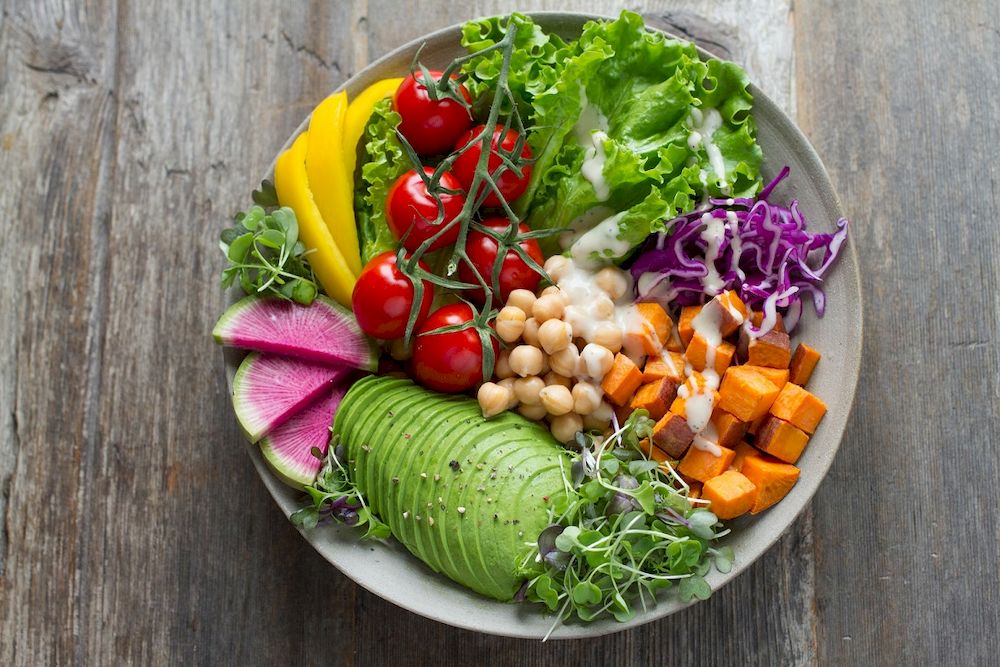
Eating well helps during Covid-19
In general, Dr van Tulleken said eating food that doesn’t nourish the body, food that is low in nutrients and fibre doesn’t feed our microbiome which reduces the immune system’s efficacy.
These foods also increase inflammation, stress and mental health problems.
“It’s really bad for us so yes, if you want to recover better from Covid-19 we know that weight is important and diet is important, unquestionably.”
The infectious disease doctor who also studies breastfeeding links published a letter in The Lancet during the pandemic after observing that infant formula companies were creating anxiety around breastmilk being contaminated with Covid-19 to sell more formula, which they did.
“But breastmilk is an immune system and it protects children so that’s just one example of where the ultra-processed formula is way worse than the natural food.
“You start with infant formula because it’s so much more dangerous especially in low-income countries than breastfeeding and then, once they’re on formula, it’s a life of ultra-processed food,” he said.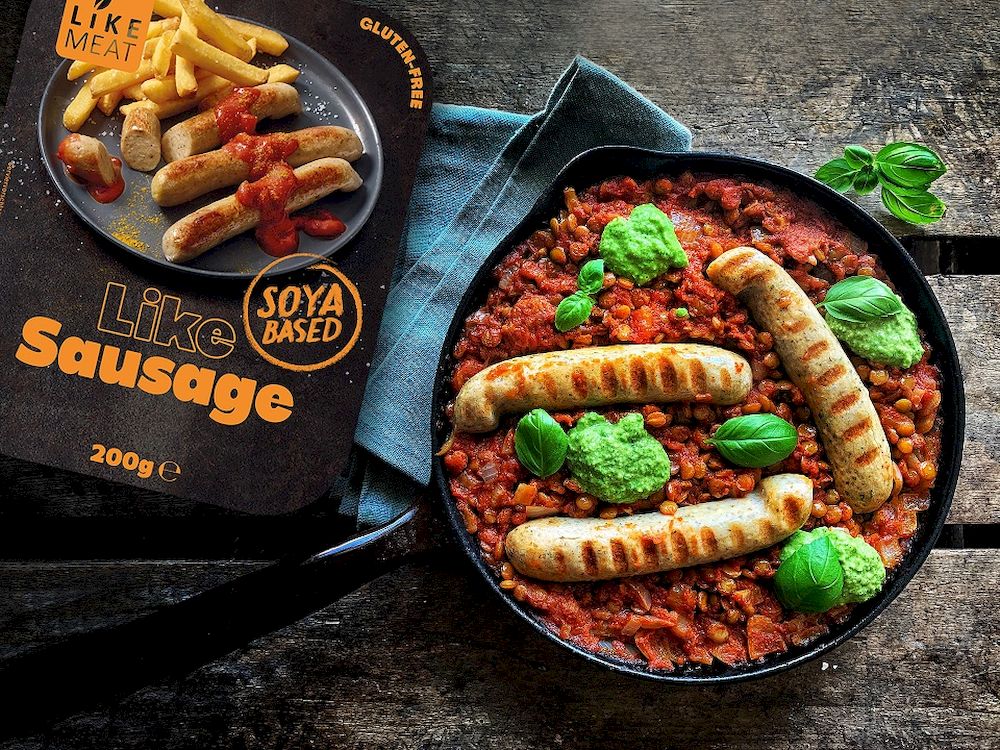
The pitfalls of plant-based meat alternatives
With meat products getting a bad reputation for health and the future of the planet, plant-based alternatives are all the rage right now.
“It’s so hard because in general, ultra-processed food is very harmful to the planet and that does include these plant-based products,” Dr van Tulleken said.
There are however traditional plant-based meat products that are eaten in Asia such as tofu, gluten products and soy proteins that are good for the body.
“But these new ones, they’re better for the planet than meat but they are not healthy for the human body,” he said while studying the ingredients of a plant-based burger.
“I don’t recognise anything on the ingredients list, it’s just not food, these are industrially produced extracts of food.
“You’re chopping down rainforests, you grow palm trees, you extract the oil you modify the oil and you turn it into these weird meat substances – it’s not nourishing.”
Family dynamics influences weight
Growing up, Dr van Tulleken and his twin brother Xand were lucky to have a mother who is an amazing cook.
She used traditional techniques and never fed the boys ultra-processed food.
But they would eat it at friends’ houses and go to fast-food eateries after school and binge.
“It means as an adult, I have the skills and the knowledge and the palate that I can now cook a decent meal,” he said, adding that he doesn’t ban his kids from ultra-processed food.
“Cooking takes a huge amount of time and money and I’m very fortunate – I live in a nice house, I have knives and a stove, I’ve got a big freezer I can batch cook and put it all in the freezer and many people lack all those things,” he said.
Dr van Tulleken is conscious that his healthy weight is very much a result of his home environment and socio-economic background.
“I’m a healthy weight because of the place I was born and because I’m fortunate,” he said.
“If I had less money or had been born in a different family, I would definitely live with being overweight and obesity.”
But at the heart of it, obesity is a disease caused by corporations which Dr van Tulleken believes is an important fact for everyone to understand.
What Are We Feeding Our Kids? is now streaming on BBC Player.
Dr van Tulleken also has a new podcast, “A Thorough Examination with Drs Chris & Xand van Tulleken; Addicted to Food” available on Apple, Spotify, and all podcast platforms.


